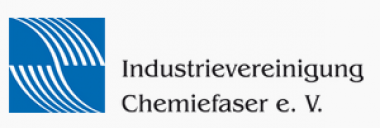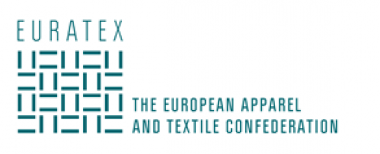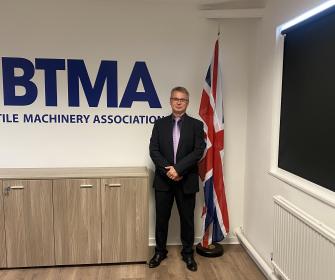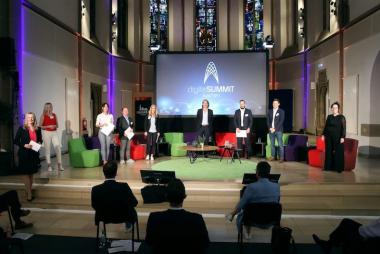CASA and INDA welcome Introduction of WIPPES Act in U.S. Senate
The California Association of Sanitation Agencies (CASA) and INDA, Association of the Nonwoven Fabrics Industry joined in welcoming the recent introduction of the WIPPES Act in the U.S. Senate by Senators Jeff Merkley (D-OR) and Susan Collins (R-ME).
This bipartisan legislation is intended to address the growing problem of sewer system clogs caused by improper disposal of consumer wipes like baby wipes, household cleaning wipes, cosmetic wipes and others that are not intended to be disposed of in toilets. Improper disposal of these wipes can have significant negative impacts on wastewater infrastructure, including causing sewer spills. The bill would help address this problem by establishing federal requirements for these disposable wipes to carry prominent “Do Not Flush” labeling on packaging. Additionally, the bill would provide funding for an Environmental Protection Agency-administered grant program focused on educating consumers about how to recognize “Do Not Flush” labeling, identify relevant products, and understand the impacts that flushing these products can have on wastewater treatment infrastructure.

































